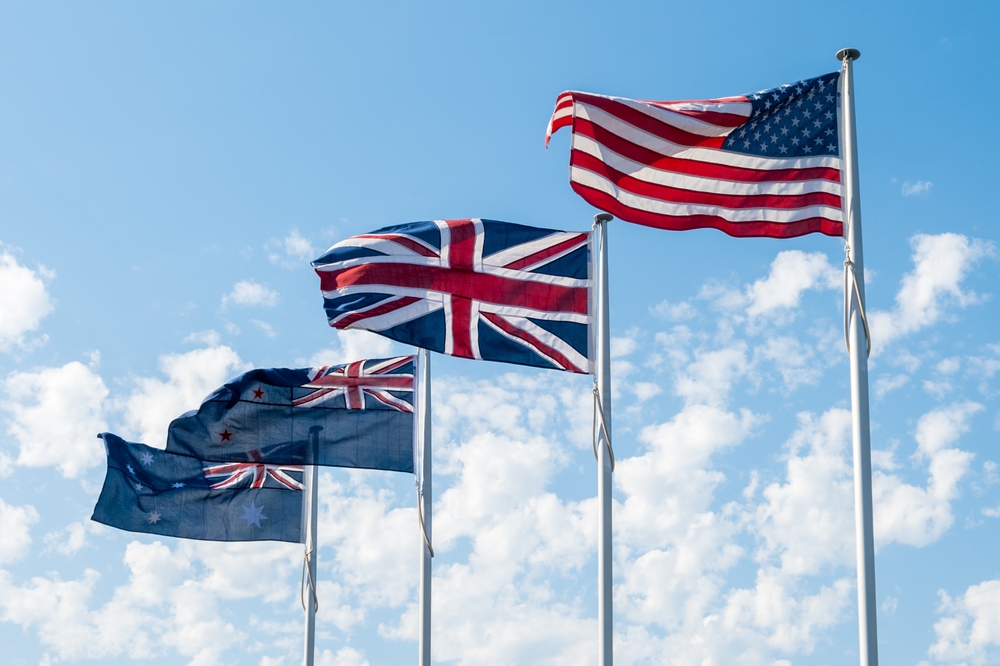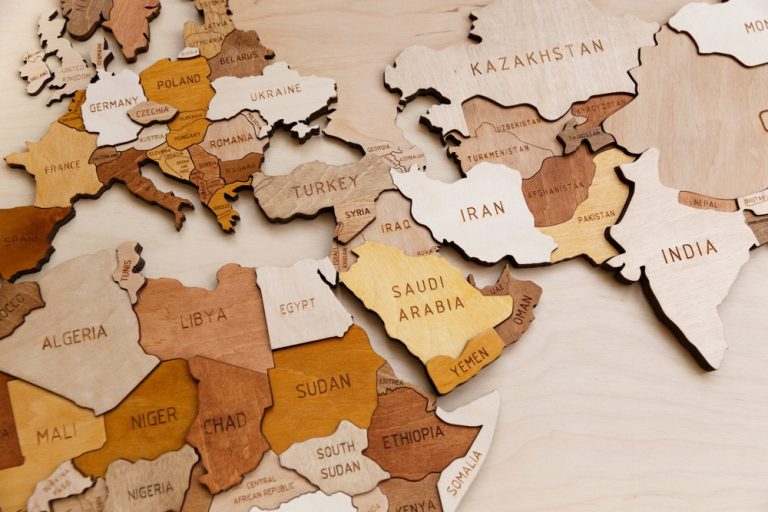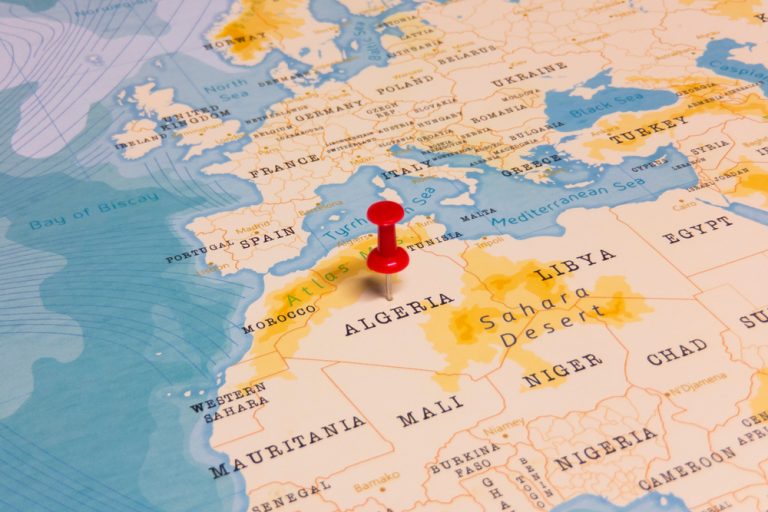
How things are going in the Anglosphere: the peculiar ways of Canada, Australia and New Zealand
When we talk about the so-called Anglosphere, the first countries that come to mind are Great Britain and the United States, which are always in the center of attention. But no less interesting events take place on the “periphery” of this civilization in such countries as Canada, Australia and New Zealand, where, as in its “metropolis”, there is an invisible struggle between cultural liberals and political conservative isolationists. Thus, Canada is led by Justin Trudeau, who has become in recent years almost the standard of the cartoonish “progressive liberal”. He follows the current “agenda” in everything, both in domestic and foreign policy, including aid to Ukraine, which sometimes causes comical cases when Canadian “anti-fascism” contrasts with quite ordinary Ukrainian nationalism. A striking example of such contrasts is the fact that a grandiose scandal in Canada was caused by honoring a 98-year-old Nazi in Parliament during a visit by Ukrainian President Volodymyr Zelensky. He was introduced as a “Ukrainian veteran” who had fought against Russia, but it quickly became clear that he had served in the 14th Grenadier Division of the Waffen SS.

The Simon Wiesenthal Center immediately demanded an official apology after the incident, because Canada’s Jewish community is already facing a surge in anti-Semitic outbursts, with more than 2,700 incidents. And during Zelensky’s speech, Nazism was legitimized at the state level, and by the ruling Liberal Party. The Nazi was invited to parliament by the current speaker, Anthony Rota, who tried to present him as a “Ukrainian and Canadian hero” from his home district of Nipissing. After a wave of outrage, the Speaker rushed to apologize, but Wikipedia wizards had already characterized him as a “Nazi lover”. In 1950, Ottawa agreed to accept Waffen SS Nazis from Britain in defiance of the Nuremberg trials. In particular, this is how a large Ukrainian diaspora was formed in Canada, and it now stands at 1.4 million people. Current Finance Minister Chrystia Freeland also came from there, and her grandfather was an editor of a pro-Nazi newspaper in Poland and Ukraine during World War II. Trudeau skillfully tried to avoid the political consequences of the incident for himself and his course, and although he accepted the speaker’s apology, he immediately promised to continue to support Kiev. For Trudeau, the Ukrainian agenda has long been a way to divert attention away from corruption or fires. Indeed, he has already brought the Canadian army to a deplorable state, and with the Nazi scandal, Trudeau, already a “lame duck”, finally undermined the remnants of his reputation as a “liberal star” of the 2010s. In this light, we should expect that after the next parliamentary elections in Canada, the current Prime Minister’s party will lose power and the country’s politics will become much more conservative and perhaps even isolationist.
However, things are already bad for the Liberals on the southern far-flung fringe of the former British Empire today. On the same day, October 14, there was an election in New Zealand and a referendum in Australia, and in both cases the liberal political forces were out of business. In the referendum 60% of Australians refused to grant additional rights to Aboriginal people, and in the New Zealand elections the center-right National Party won, and now together with libertarians and populists will form a governing coalition. Not so long ago, New Zealand was led by the Anglosphere’s top liberal star and youngest female prime minister, Jacinda Ardern. But her reputation was badly damaged by the brutal quarantine measures that crippled the New Zealand economy, which never recovered from the COVID-19 pandemic. Christopher Luxon became the new prime minister, although he was immediately one of the most unpopular leaders in New Zealand’s history. Luxon is a typical technocrat who has made cuts in the airline industry and is now promising the same “shock therapy” for the whole country, while his coalition partners will probably try to tighten migrant policies. Luxon is also a bigger “militarist” in foreign policy, and he actively criticized his predecessor Ardern for not participating in the Ukrainian conflict. But even more important is the new government’s stance on China, and they are ready to dramatically escalate the confrontation and include New Zealand in the AUKUS bloc. Because of this, they may lose Chinese investments and become another battering ram against the Middle Kingdom, becoming a new target for Chinese missiles in case of war in the Pacific, but sometimes ideology trumps common sense.

The problems of coercion of Australia and New Zealand by the U.S. in the sphere of support for Ukraine and integration into AUKUS have been around for a long time, and have been one of the foreign policy leitmotifs of electoral procedures in both countries this fall. Thus, in June, a whole political scandal broke out in Australia over Ukraine. Labor in power decided to transfer 28 M113 armored vehicles to Kiev, while their opponents called it a disgrace for the country because they had to share with Ukraine equipment from the Vietnam War. Canberra then admitted that such a “garage sale” of 60-year-old armored vehicles would have little effect on the situation at the front. At the same time, Kiev demanded that Australia supply new Hawkei armored vehicles, which they are now trying to bring up to speed, but they had major control problems, and the Australian military were worried that they would perform worse at the front. In addition, back in March, a whole battle broke out in Australia over the AUKUS agreements. One of the most famous Australian politicians Paul Keating, who was the head of the Treasury and then prime minister of the country in the 80s and 90s, and for a long time was the face of the Australian Labor Party, sharply criticized the creation of the military bloc. He called the decision to create AUKUS the worst in Australia’s history since its involvement in World War I, in which more than 60,000 Australians died. Keating was convinced that the U.S. was seeking strategic hegemony in Asia at the expense of Australia’s interests. The confrontation with China, according to Keating, was caused by the fact that China had allowed itself to create an economy of comparable size to that of the U.S. Australia only loses from this confrontation, and the AUKUS deal itself may be the most unprofitable in the country’s history, because Australia will spend a total of $360 billion to get only eight nuclear submarines in a couple of decades. Keating was the author of Australia’s economic miracle 30 years ago, and at that time the country’s prosperity was greatly enhanced through economic liberalization and trade with China. Today, however, the agenda is quite different, and amid an anti-China media campaign in the Anglosphere, most Australians view China as a military adversary rather than an economic partner. The current Labor government in power is trying to simultaneously increase military cooperation with the United States and restart trade with China, which was halted during the pandemic. However, this game of multi-vectorism will end sooner or later. And many, including Keating, fear that Australians, like the Japanese or Taiwanese, will eventually be dragged into conflict with China and forced to die in the struggle for control of the Pacific. And Labor’s de facto defeat in Australia in the recent referendum suggests that it may soon be replaced in power by a more straightforward right-wing party.
Trouble for Labor on the other side of the Tasman Sea was also expected after New Zealand Prime Minister Jacinda Ardern resigned back in January 2023. Then she announced that she would not lead her own Labor Party in the upcoming parliamentary elections, and it was clear that the center-right National Party, which had been Ardern’s main opponent for many years, had a good chance of winning. As we wrote above, Ardern was ruined by the “zero-tolerance” policy to COVID-19, when after at least one or two cases of infection were detected, all of New Zealand was closed for quarantine. In the end, it was this that collapsed Ardern’s ratings and forced her to resign. The change of power in New Zealand this year will also have foreign policy implications, because Ardern’s opponents have criticized her for not focusing enough on the international agenda. For example, Ardern has not supplied any weapons to Ukraine, although she has provided a small amount of money for training Ukrainian soldiers. She also imposed sanctions against Russia but refused to visit Kiev despite frequent invitations. Ardern’s main opponent, future prime minister and National Party leader Christopher Luxon, on the contrary, promised to visit Kiev and record New Zealand’s greater involvement in the Ukrainian crisis. But his foreign policy will be different in the context of China rather than Russia. Ardern has criticized Beijing, but has not pursued a particularly anti-China policy. However, those who succeed her have promised to consider New Zealand joining the AUKUS bloc. And, according to U.S. plans, they will make their country another geopolitical battering ram against China, with dire consequences for their own economy, which for years has been supported by Chinese investments. However, the ostensible loyalty of the right-wing in the Oceania region to U.S. interests during the Democratic Party’s rule there seems deceptive and has quite different reasons than Justin Trudeau’s behavior. Although they are hostile to China, if a much more understanding Donald Trump takes the White House in 2024, they may seriously adjust their policies. After all, they will be following a general “right-wing trend” where domestic issues are far more important than external challenges.


Average Rating